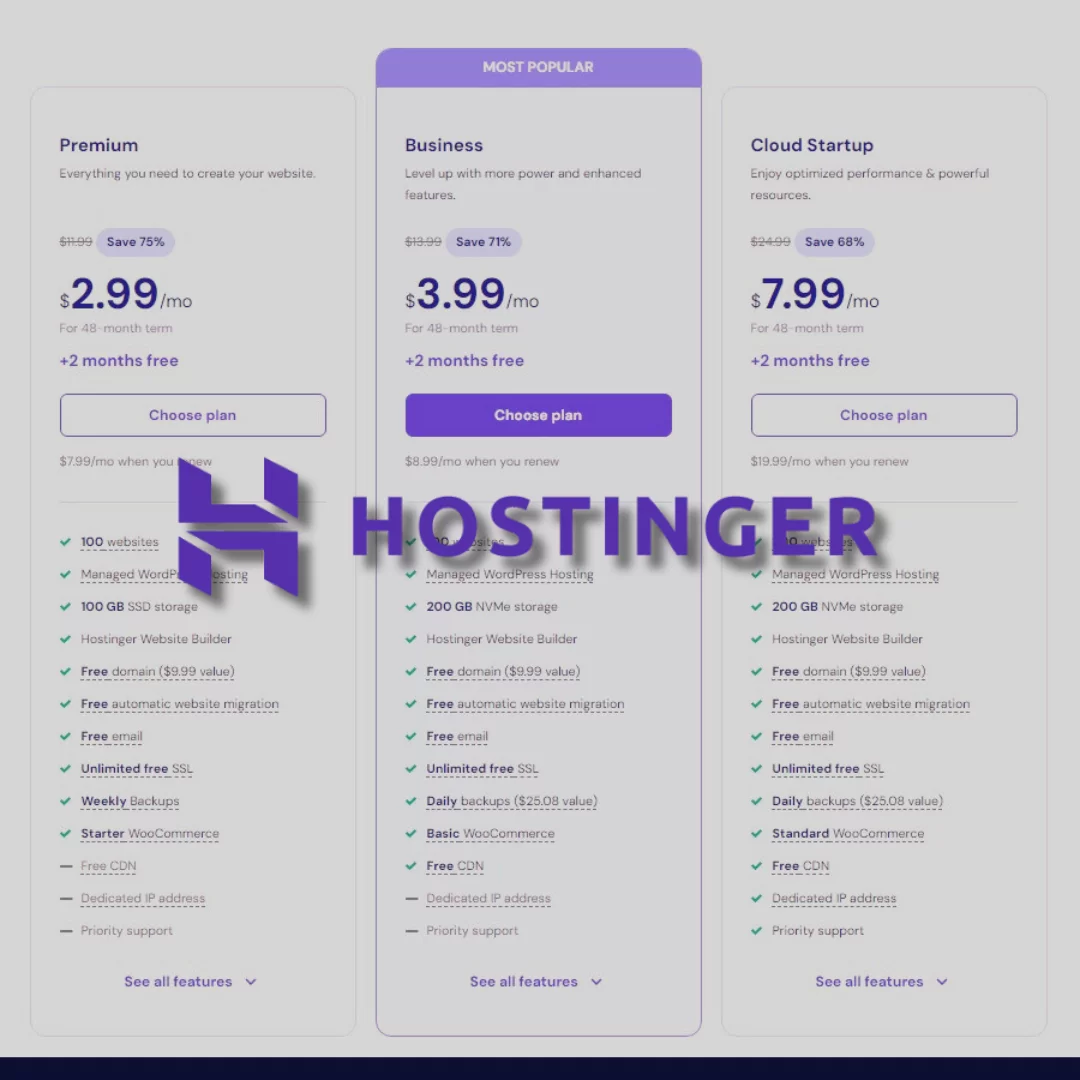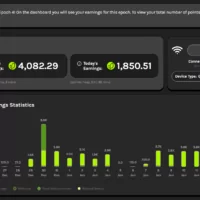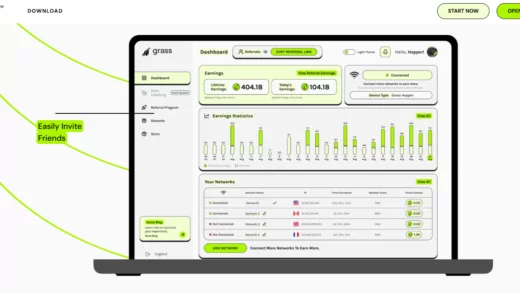In today’s digital age, businesses are constantly exploring innovative strategies to expand their reach and boost sales. One such strategy that has gained significant traction is affiliate marketing. Affiliate marketing has become a key player in the online marketing ecosystem, offering a win-win situation for both businesses and affiliate marketers. This article delves into the world of affiliate marketing, its key concepts, benefits, and tips for success.
Read also : How to Thrive in Affiliate Marketing in 2024: Unveiling the Secrets to Success
Understanding Affiliate Marketing
Affiliate marketing is a performance-based marketing model where businesses (advertisers or merchants) partner with individuals or other businesses (affiliates or publishers) to promote their products or services. Affiliates earn a commission for every sale, lead, or desired action generated through their marketing efforts. This model relies heavily on tracking technology to accurately attribute conversions to the respective affiliates.
Key Players in Affiliate Marketing
- Advertisers/Merchants: These are businesses that have products or services to sell. They leverage affiliate marketing to reach a wider audience and drive more sales.
- Affiliates/Publishers: Affiliates can be individuals or companies that promote the advertiser’s products or services through various marketing channels such as websites, blogs, social media, email marketing, etc.
- Affiliate Networks: These act as intermediaries between advertisers and affiliates. They provide a platform where advertisers can list their offers, and affiliates can choose suitable offers to promote. Additionally, they handle tracking, reporting, and commission payments.
- Consumers: The ultimate target audience who engage with affiliate marketing content and make purchases or perform desired actions.
Benefits of Affiliate Marketing
- Cost-Effective: Advertisers benefit from the pay-for-performance model, as they only pay commissions when desired actions are achieved.
- Expanded Reach: Affiliates help extend the advertiser’s reach to diverse audiences, including niche markets that may be challenging to target directly.
- Performance Tracking: Advanced tracking technology allows precise measurement of campaign performance, enabling optimization for better results.
- Diverse Marketing Channels: Affiliates utilize various marketing channels, leveraging their expertise and creativity to promote products effectively.
- Mutually Beneficial Relationships: Successful affiliate partnerships foster mutually beneficial relationships, driving continuous revenue growth for both parties.
Tips for Affiliate Marketing Success
- Choose the Right Niche: Focus on a niche that aligns with your interests, expertise, and audience preferences to maximize engagement and conversions.
- Select Quality Products: Promote products or services that offer value to your audience and have a good reputation, enhancing trust and credibility.
- Create Compelling Content: Develop high-quality content that educates, entertains, or solves problems for your audience, driving engagement and conversions.
- Utilize Multiple Channels: Explore diverse marketing channels such as SEO, social media, email marketing, and paid advertising to reach a broader audience.
- Track and Analyze Performance: Regularly monitor campaign performance, analyze metrics, and make data-driven optimizations to improve results over time.
Affiliate marketing presents a lucrative opportunity for businesses and marketers alike to capitalize on the digital landscape’s vast potential. By understanding its key principles, leveraging the right strategies, and fostering valuable partnerships, businesses can harness the power of affiliate marketing to drive growth, expand their reach, and achieve sustainable success in today’s competitive market.

















1 Response
[…] Read also : Affiliate Marketing […]